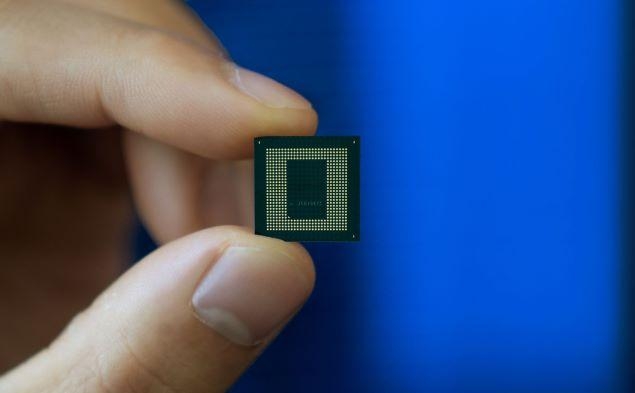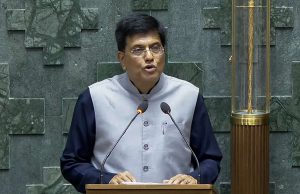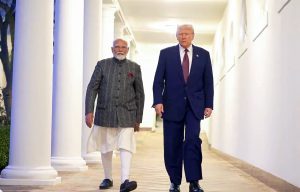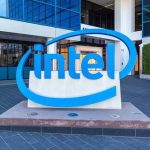Against this, the US in October last year declared rules for total export controls over the chips…reports Asian Lite News
Semiconductor chips have gained huge importance in the global economy. The United States, the leading chip manufacturer and China which is desperately trying to conquer the chip market, are trying to overtake each other although the US seems to have an advantage, reported Inside Over.
The semiconductor chip market which is currently 500 billion dollars (USD) is expected to double by 2030. So whoever controls or dominates the semiconductor market’s supply chain will be a future superpower. The report further states that China wants to own the technology to make chips which is still a US domain. That is why the US trying to control this technology flow to China, according to the report by Federico Giuliani for Inside Over. The flow of semiconductor chip technology to China will ultimately be used by China for military strength, Artificial Intelligence (AI) and Super Computers. Giuliani’s report from Inside Over further says that China has been exponentially investing to increase its production capacity of these microchips and gain technology for production.
Against this, the US in October last year declared rules for total export controls over the chips. This made it impossible to sell chips or chip-making equipment and software containing US technology to China. It also prohibits American citizens and permanent residents from supporting Chinese companies that produce or develop these semiconductor chips, the report said.
Prior to this, the US Department of Commerce, on August 9, 2022 introduced the USD 50 billion CHIPS and Science Act 2022 to strengthen the domestic semiconductor industry, as a part of USD 280 billion capital for research and advanced technological manufacturing.
Giuliani’s report further said that following restrictions by the US, Apple revoked its deal of buying Semiconductor chips from China’s Yangtze Memory Corp (YMTC). Further, the US is also seeking support from its allies to stop China’s market capture. In December 2022 Washington discussed with Japan and the Netherlands how to stop the export of chip-related equipment to China, according to the Inside Over report.
A Dutch company Advanced Semiconductor Materials Lithography (ASML) has a monopoly on key advanced chip-making tools. The US has been working on preventing ASML from exporting chip-making devices to China. The report further claims that it will take China a decade to reach ASML’s expertise in the field.
China in this scenario does not have many options to deal with the US’ restrictions in the semiconductor chip market, because if it decides to revoke its goods and services from the international market then the move will backfire in an already struggling Chinese economy. (ANI)
ALSO READ-Samsung gears up for AI chip boom













